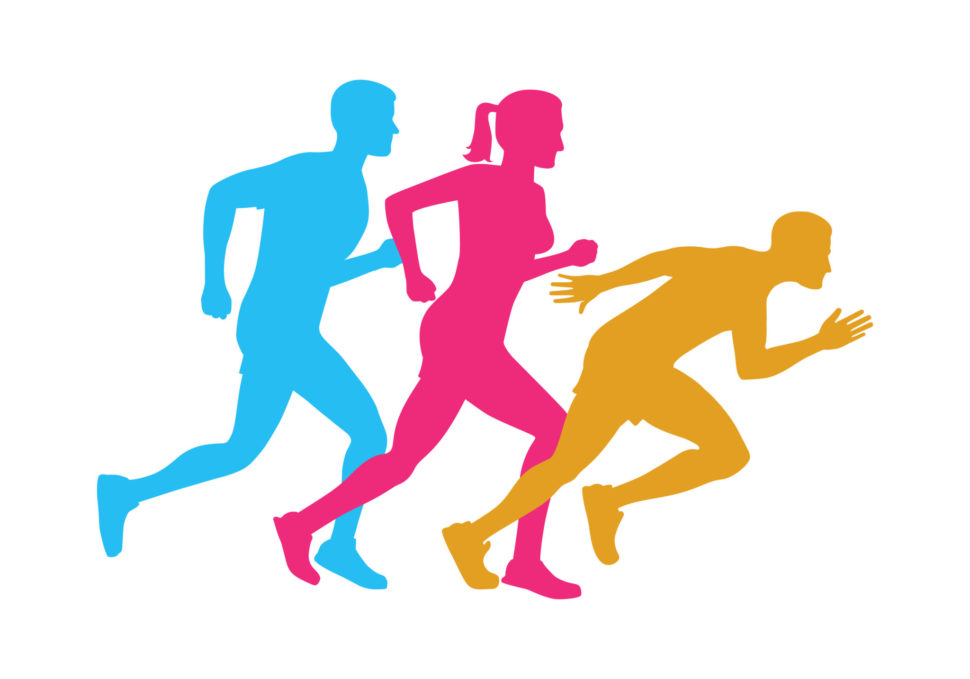Neural networks achieve increasingly impressive benchmarks. Google’s own AI, DeepMind, recently taught itself how to walk based on sensor usage. This article explores how that process took place and relates it to viral game QWOP.
Any person between the ages of 25 and 40 might remember sites like Newgrounds. You could play weird, random flash games of all kinds and styles. Continuing that tradition, people still invent browser-based games with typically simple mechanics.
But Google’s AI DeepMind also recently taught itself how to walk like a “human”.
On the contrary, maybe DeepMind sourced something else in its learning process: the farcical game with weird walking mechanics known as QWOP.
No Machine Learning for Google’s DeepMind
Contrary to some other artificial intelligence constructs, DeepMind did not use machine learning for this. At least, not in the sense that the network is fed information or images from which to learn.
Programmers combined traditional psychological tactics with technology. They equipped DeepMind with various sensors, as well as information about obstacles or terrain in its vicinity.
It taught itself how to walk using sensors for orientation and information about the environment.
Taking a note from traditional scientific testing and behavioral conditioning, programmers used incentives to promote learning. However, there were also penalties for not traveling from point A to point B. Thus, DeepMind learned to walk via the “reinforcement learning” approach.
What can DeepMind do When Moving?
The AI can navigate rough terrain, jump, crouch, and maintain its balance in uneven settings. DeepMind did all of this without being told anything about walking or movement. It, as reported, learned all of this through inference based on its sensors and environment information.
However, the movement is peculiar. The construct flails its arms in odd ways. It also doesn’t always “hit its mark” or accomplish its objective. But it learns further based on the mistakes it makes.
More than just walking, DeepMind learned about depth perception, aspects of physics, and planning skills. But it bears a shocking resemblance to certain aspects of pop culture.
Google’s DeepMind as a 4-key Browser Game
Google DeepMind’s unique shambling resembles that gem of a gif above. But it also reminds me of an in-browser game called QWOP.
Bennett Foddy, former bassist in the band Cut Copy, created QWOP in 2008. It gets its name from its control schema: q, w, o, and p to move.
In QWOP, you are a runner in a 100-meter race at some kind of Olympic Games. The letters correspond to different movements for the player character.
Hilarity ensues when players attempt to negotiate ragdoll physics to win the race.
There may not be any obstacles or balance issues, but the movement is similar, no?
The arms flail, the legs split in odd ways, and even the head flops around a little.
Did Google’s DeepMind unknowingly recreate the video game QWOP?
Probably not, but What if it did?
That would mean that QWOP’s rudimentary movement mimics early hand-eye coordination learning. Or, at least, it mimics what a human created AI thinks is early hand-eye coordination learning.
In recent news, DeepMind moved beyond walking to navigating city streets. But DeepMind has no need of maps. Instead, it uses Google’s Street View images to walk around New York City.
Google also leveraged DeepMind’s AI to improve various Google text-to-speech functions.
DeepMind developed the technology WaveNet, too, but it uses machine learning (unlike the walking simulator).
Since even the “godfather” of AI thinks machine learning isn’t the way to create true AI, maybe we need something new. Maybe DeepMind’s reinforcement learning approach is one piece of the true AI puzzle.
Only time will tell. In the meantime, visit Foddy.net and play QWOP for five minutes. Then, get super frustrated, give up, and do something else entirely. Or, you can play CLOP, the unicorn version of the game that’s just as stressful if not worse.


















No matter how much mental acrobatics you perform, no matter how much you stretch your imagination, it is impossible to justify the claim that an AI “invented” the very environment it’s trained in.
If anything, the programmers invented an environment similar to QWOP and the AI learned how to thrive in it. That’s it. It’s a great accomplishment, but it’s from a long long time ago, and has nothing to do with an AI “inventing” new games.
The reason I am so critical, is that I regularly trawl google for the latest breakthroughs in AI, and this article being written on Apr 18 2018 makes me think that DeepMind has accomplished a new feat very recently. Then I am let down after realizing this is nothing but a rehash of year-old news, with a “spin” that doesn’t even make logical sense.
Thank you for the feedback!
I definitely understand where you’re coming from. We have been experimenting with some different title tactics recently, so thank you for speaking up. Now we know what to avoid!
We’ll be more mindful of how we craft titles and beginning synopses in the future.